This article was medically reviewed by Janice Litza, MD. Dr. Litza is a board certified Family Medicine Physician in Wisconsin. She is a practicing Physician and taught as a Clinical Professor for 13 years, after receiving her MD from the University of Wisconsin-Madison School of Medicine and Public Health in 1998.
There are 17 references cited in this article, which can be found at the bottom of the page.
This article has been viewed 22,558 times.
Thyroid antibodies are typically produced when you have an autoimmune disease such as Hashimoto's disease or Grave's disease. These antibodies then attack the thyroid, causing a drop in your thyroid hormone, and thus, hypothyroidism.[1] This might seem scary, but you can work with your doctor to find a treatment that is right for you. Usually, the doctor focuses on replacing the thyroid hormone rather than lowering the antibodies in your blood.[2] However, some treatments do work on the autoimmune part of the disease instead, lowering the antibodies.[3]
Steps
Creating a Plan with Your Doctor
-
1Talk to an endocrinologist. If you're worried about your thyroid antibody levels, make an appointment with an endocrinologist or gland specialist to discuss treatments. Explain the reasons why you are there, and have a list of questions ready to ask. The doctor will help you determine the best treatment for you. However, if you want a different treatment, don't be afraid to get a second opinion.
- You can also start by talking to your primary care doctor. If you want to discuss special treatments, like those mentioned below, ask for a referral to an endocrinologist.
-
2Try low-dose naltrexone. Naltrexone is typically used to treat opioid addiction, as it blocks opioid receptors. In that case, it is given in high doses. However, it has also been used to treat autoimmune disorders like Hashimoto's disease, so it may be able to help lower your antibodies. In this case, you take a small dose; for instance, you may start out at 1.5 milligrams per dose.
- As a comparison, a full dose is considered 50 milligrams.
- Low-dose naltrexone has little-to-no side effects. Typically, you may have trouble sleeping in the first week and more vivid dreams overall.
Advertisement -
3Discuss stem cell treatments. Stem cells may also be useful in treating Hashimoto's and Grave's disease. Stem cell treatment may be able to reset your autoimmune disease or just reduce the antibodies in your system.[4]
- For instance, one typical treatment is harvesting stem cells from fat, which are then put back into your body. This treatment is called autologous mesenchymal stem cell transplantation, and it's still experimental.[5]
- These treatments may cause a few minor short-term side effects, such as fever or headache.[6]
-
4Monitor your thyroid levels through your doctor. Your thyroid levels will need to be monitored when beginning either of these treatments, as they can work rapidly on the autoimmune disorder. In turn, it can lead to hyperthyroidism if you're still taking a large dose of the thyroid hormone. Hyperthyroidism is just as serious as hypothyroidism.
Using Natural Remedies
-
1Take vitamin D. Many people with Hashimoto's disease have a vitamin D deficiency, and increasing your intake of vitamin D can lower your thyroid antibodies. It may also lower your cholesterol if it is high due to the disease. In addition, it may help keep you from developing hypothyroidism or at least slow down the process.[7]
- Talk to your doctor before beginning a vitamin D regimen. You should have your vitamin D levels checked first. Plus, the typical dose tested in studies is 50,000 international units of vitamin D a week, a dosage that will need to be prescribed by your doctor.
- Typically, you are considered deficient if your vitamin D levels are less than 20 ng/mL. However, some doctors feel your levels should be at 50 ng/mL if you have an autoimmune disorder.
-
2Try a selenium supplement. Selenium, a vitamin found primarily in Brazil nuts, has been shown to help some patients battle the autoimmune part of the Hashimoto's and Grave's disease, which means that your body may not produce as many antibodies.[8] Because it's not commonly found in the everyday diet, you'll need to take a supplement of 83 micrograms of selenomethionine per day. This treatment only works for about 1/3 of patients.[9]
- Always talk to your doctor before beginning a treatment such as this one.
- Selenium is a vitamin that can be toxic in high doses, so don't exceed 400 micrograms in a day, both from food and supplemental sources.
-
3Use melatonin. Some evidence suggests that melatonin may be helpful with autoimmune disorders such as Hashimoto's disease, which may help your body not produce as many antibodies. This supplement is relatively safe, though long-term usage hasn't been studied much.[10]
- Start with a low dose, such as 0.3 milligrams an hour before bed. You can take up to 5 milligrams, but you should discuss it with your doctor.
- It may take up to a month to work.
-
4Consider a special diet, such as an anti-inflammatory diet. In some cases, following a special diet may help control an autoimmune disorder. Sometimes, that may mean avoiding a certain allergy, such as wheat. You can be evaluated for food allergies or sensitivities, or you can try one of the special diets recommended for autoimmune disorders. You can also aim for a more holistic diet, which could entail cutting out processed food or adding in more fruits and vegetables.[11]
- For instance, you can try an anti-inflammatory diet, which means eating as much fresh fruit and vegetable as possible and more whole grains, rather than processed food. Include carbs, fat, and protein at every meal.
-
5Try the FODMAP diet as an alternative. You can also try the low FODMAP diet. With this diet, you lower your intake of foods high in fructose (such as fruit juices, apples, honey, and mangoes), fructans (such as garlic, onions, nectarines, and wheat), lactose (such as milk, ice cream, and yogurt), Gos (such as chickpeas, legumes, and cashews), and polyols (such as pears, plums, mushrooms, and snow peas).[12]
-
6Use the autoimmune protocol diet as a third option. A similar diet is the autoimmune protocol diet, where you eliminate foods such as grains, sugars, legumes, alcohol, gluten, and dairy. You'll also skip eggs, nightshade vegetables (such as tomatoes, peppers, potatoes, and eggplant), nuts, and seeds and limit your fruit.[13]
Treating Hypothyroidism in Other Ways
-
1Take levothyroxine. The main treatment for hypothyroidism, even when it's caused by Hashimoto's or Grave's disease, is taking thyroid hormone replacement. Typically, you'll be on a dose of levothyroxine, a synthetic hormone that mimics your body's natural hormone.[14]
- Levothyroxine has no common side effects. Less common side effects include things like urinating less often, trouble breathing, less heat tolerance, breathing issues, increased blood pressure or pulse, menstrual changes, sweating, and nausea.[15]
-
2Expect monitoring. Typically, your doctor will check your thyroid levels again after a month or so to see how you're progressing. You don't want to take too much levothyroxine, as that can lead to hyperthyroidism, which is also bad for your health.[16]
- Your doctor will also monitor your levels once a year after your thyroid levels are stabilized to make sure you are still taking an effective dosage.
-
3Limit your iodine intake. Iodine is necessary for your health. However, if you eat too much when you have Hashimoto's disease, it can increase your chances of developing hypothyroidism or make it worse. Seaweed is one of the main sources of high doses of iodine in your diet, so talk to your doctor before consuming it.[17]
- Seaweed is often used in sushi.
- Also avoid iodized salt, seafood, dairy products, egg yolks, red dye #3, chocolate with milk in it, soybeans and related products, and any vitamins with iodine. Make sure to read labels and check for iodine.
-
4Take levothyroxine 4 hours before or after certain other medications. Other medications and supplements can interfere with levothyroxine, including calcium supplements, some antacids (including those with calcium carbonate and those with aluminum hydroxide), iron supplements, sucralfate, and cholestyramine. To avoid interactions, try to put 4 hours between when you take levothyroxine and any of these other medications.[18]
References
- ↑ https://medlineplus.gov/lab-tests/thyroid-antibodies/
- ↑ https://my.clevelandclinic.org/health/diseases/15244-graves-disease
- ↑ https://www.btf-thyroid.org/thyroid-antibodies-explained
- ↑ https://translational-medicine.biomedcentral.com/articles/10.1186/1479-5876-9-181
- ↑ https://www.ncbi.nlm.nih.gov/pmc/articles/PMC3279697/
- ↑ https://pubmed.ncbi.nlm.nih.gov/20937945/
- ↑ https://www.ncbi.nlm.nih.gov/pubmed/28697689
- ↑ https://pubmed.ncbi.nlm.nih.gov/11932302/
- ↑ https://www.ncbi.nlm.nih.gov/pubmed/28042649
- ↑ https://www.ncbi.nlm.nih.gov/pmc/articles/PMC3709754/
- ↑ https://www.endocrineweb.com/conditions/graves-disease/how-eat-well-when-you-have-graves-disease
- ↑ http://cart.gesa.org.au/membes/files/Consumer%20Information/Low%20FODMAP%20Diet.pdf
- ↑ https://ultimatepaleoguide.com/autoimmune-protocol/
- ↑ https://www.frontiersin.org/articles/10.3389/fendo.2019.00138/full
- ↑ https://medlineplus.gov/druginfo/meds/a682461.html
- ↑ https://www.mayoclinic.org/diseases-conditions/hashimotos-disease/diagnosis-treatment/drc-20351860
- ↑ https://www.niddk.nih.gov/health-information/endocrine-diseases/hashimotos-disease
- ↑ https://www.mayoclinic.org/diseases-conditions/hashimotos-disease/diagnosis-treatment/drc-20351860

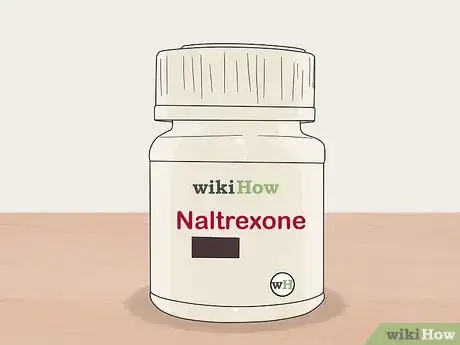
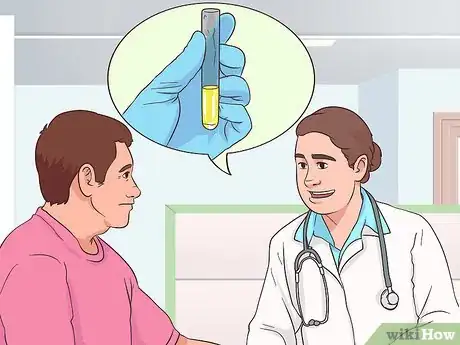
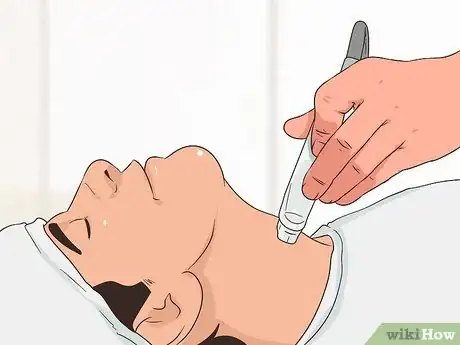
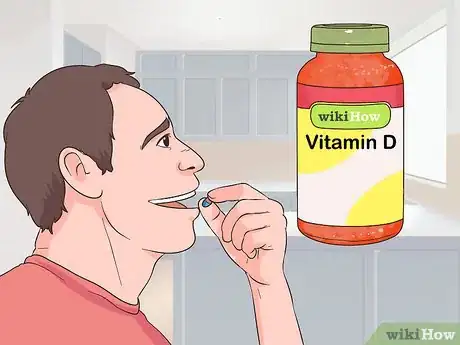
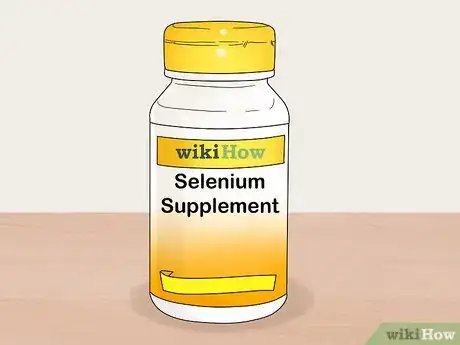
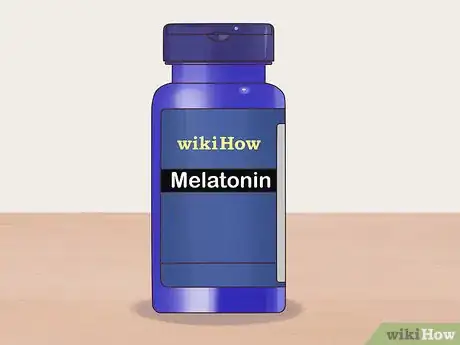
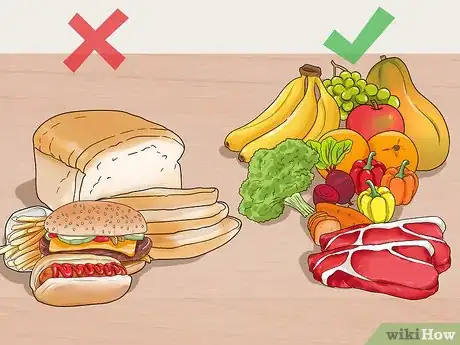

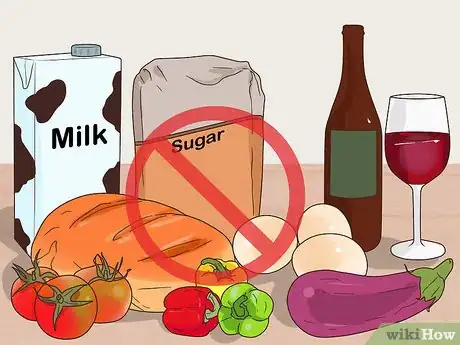
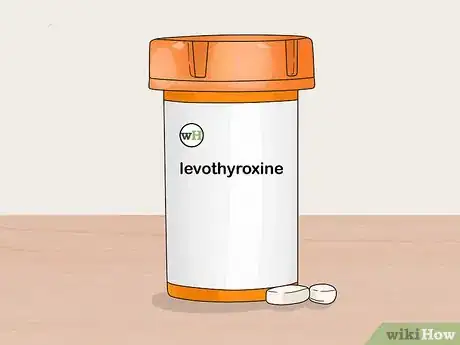

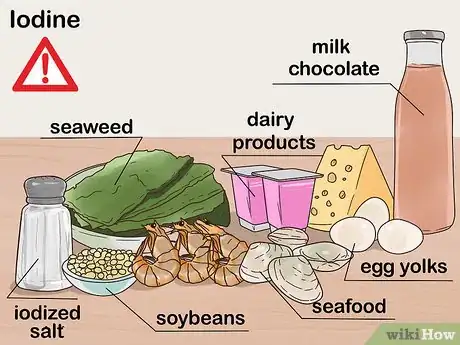
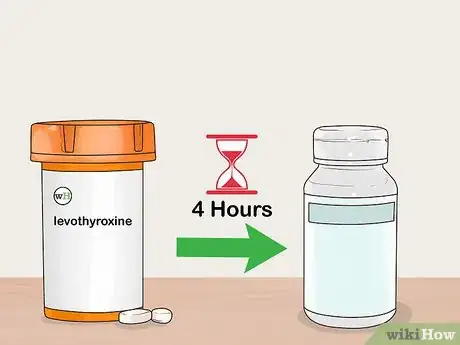
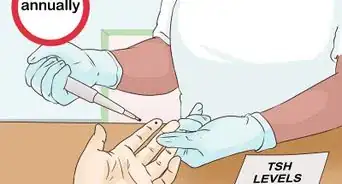

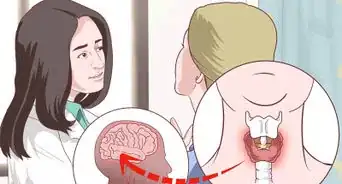




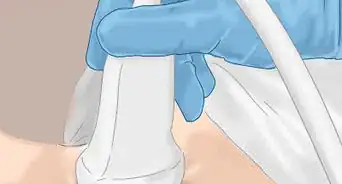

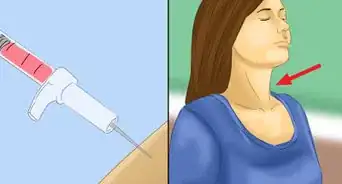
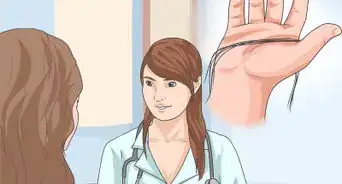
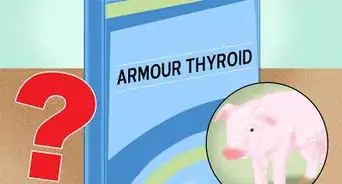
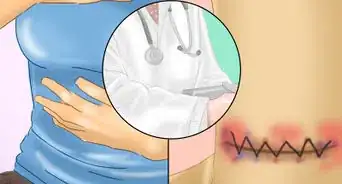








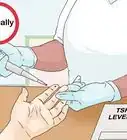

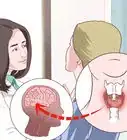




































Medical Disclaimer
The content of this article is not intended to be a substitute for professional medical advice, examination, diagnosis, or treatment. You should always contact your doctor or other qualified healthcare professional before starting, changing, or stopping any kind of health treatment.
Read More...